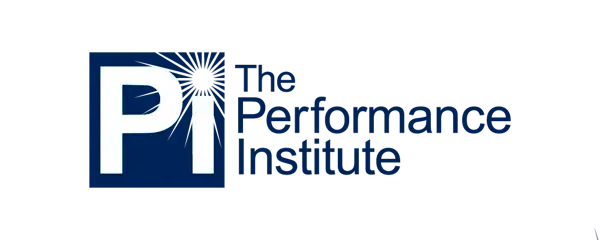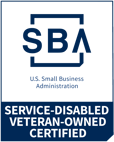Introduction:
In the era of stringent financial controls and strict legal oversight, there has been a missing piece in the government environment: an objective quality standard for operations, processes, and key systems. This deficiency has long been acknowledged but until now, a solution was elusive. Today, we introduce a comprehensive guideline, developed through rigorous research and extensive consensus-building, that offers a framework to address this pressing need.
The primary objective of these guidelines is to bridge the gap by providing an objective, confirmable standard. This will serve as a reference point to assess the sustainability of operations, judge their maturity, and evaluate their risk management capability. While it isn't intended to replace existing excellence techniques like Lean Six Sigma or Baldrige excellence, it presents a comprehensive model to objectively evaluate key systems and processes. This model will assist organizations in conducting entity-wide assessments or focusing on specific processes and systems.
Development of the Guidelines
This initiative was spearheaded by ASQ senior member Richard Mallory, a seasoned quality practitioner who, throughout his career, has encountered this issue head-on. Recognizing the need for a solution, Mallory authored books on the subject and later became the lead author of this standard.
To develop the guidelines, a team of quality practitioners embarked on a meticulous process involving editing, reviews, consensus-building, voting, and public reviews. The standard, approved by ANSI and ASQ, was formally approved on March 12th and released on March 15th, an accomplishment announced in press releases.
Benefits of the Guidelines
Organizations will derive significant value from the application of these guidelines. The overarching advantage is that it provides an objective means to demonstrate the sustainability and maturity of the work being carried out. It equips organizations with a benchmark to compare their operations with those of others who have undergone similar processes. The guidelines also offer an objective review of the capability to manage risk concerning key processes and systems.
By utilizing this standard, government organizations can ensure they are providing high-quality services that the general public can trust.
Addressing the Pandemic Challenges
The COVID-19 pandemic unearthed numerous risks and challenges within our government delivery services, especially within our social safety net programs. These guidelines will provide an effective way to confirm the resilience of our systems without necessitating a stress-inducing situation.
The guidelines can be employed at various levels within an organization - from department and division levels to offices and operating units. They provide a maturity model for assessing the maturity and capability of key systems and processes. This not only guides the management but also the examiners in ensuring they're evaluating the same elements.
In essence, the guidelines link the maturity level to the ability to manage associated risks that may arise within the key systems and processes addressed by the entity.
If you're interested in learning more about Performance Management consider enrolling in our upcoming course Program Evaluation and Evidence-Based Analysis on September 18-19, 2023. Our course is designed for individuals who will lead or play a key execution role in performance improvement initiatives in their organization focusing on the evaluation of programs using quantitative and situational analysis.















